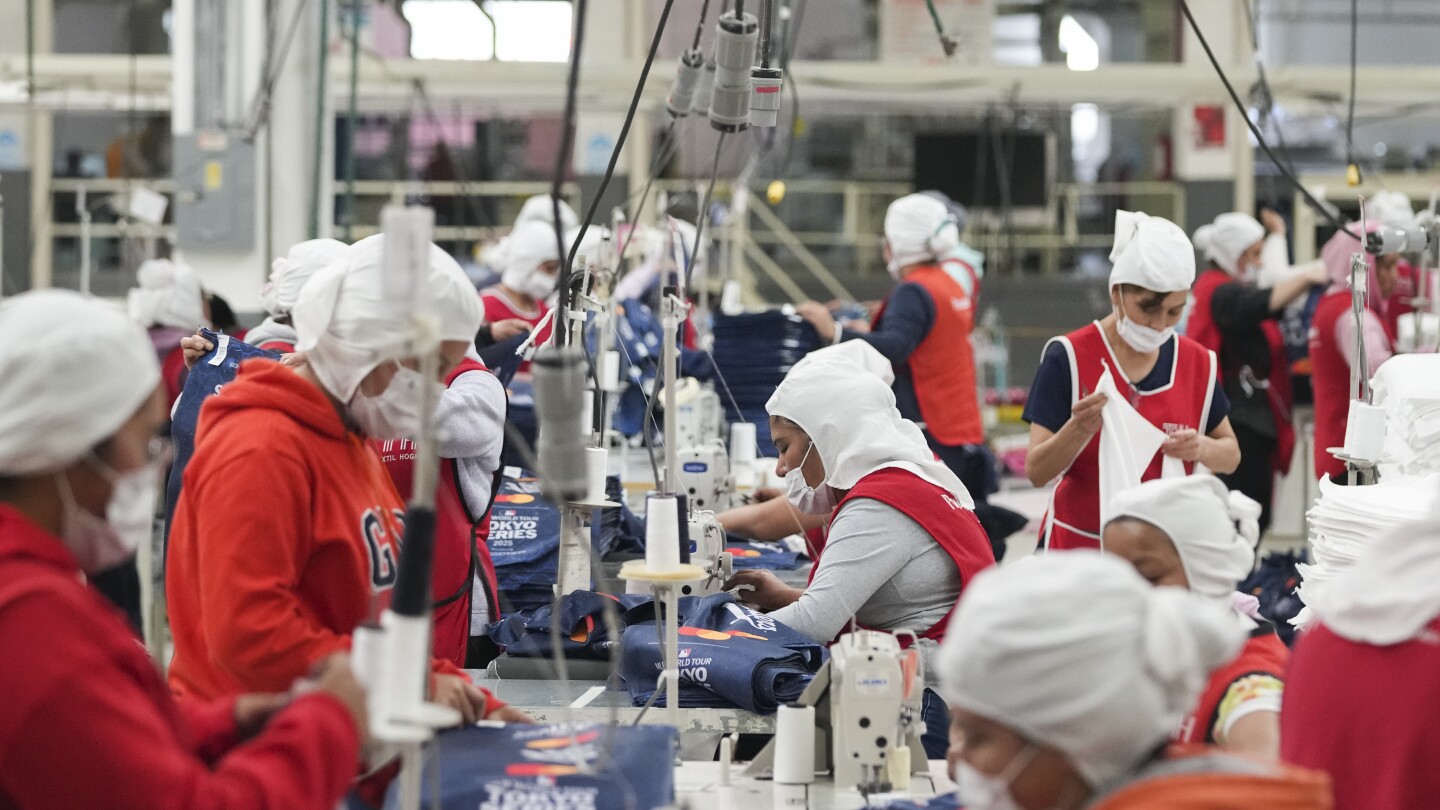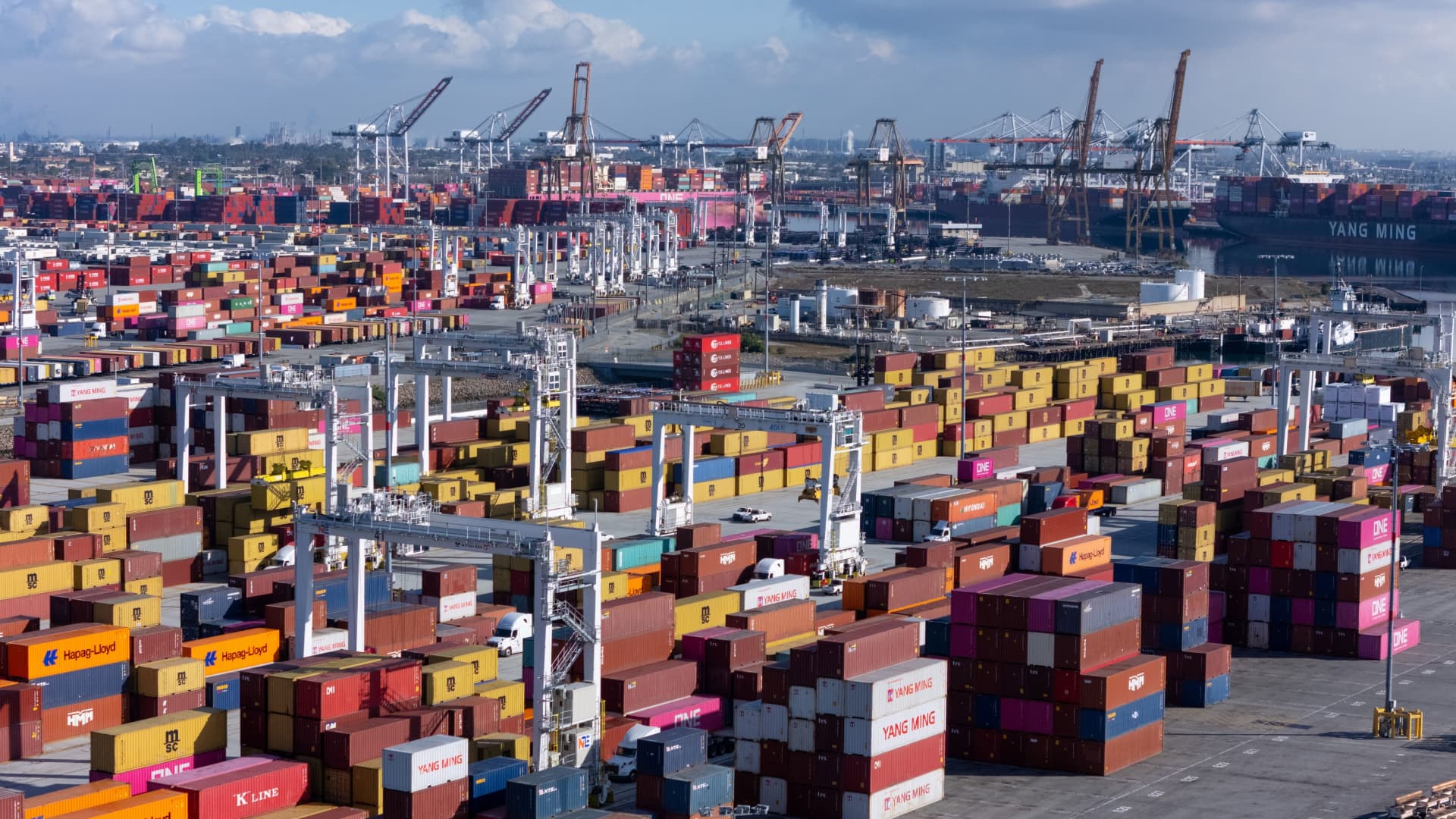Euro Zone Economy Stalls: Analyzing Q4 Disappointment
The Euro Zone’s economy has unexpectedly flatlined in the fourth quarter, failing to meet projections for modest growth. This stagnation raises pressing questions about the region’s economic resilience and future prospects. With various factors influencing the Euro Zone, from inflation pressures to geopolitical tensions, understanding the implications of this economic stall is crucial for policymakers, businesses, and consumers alike.
Understanding the Current Economic Landscape
The latest data reveals that the Euro Zone economy grew by a mere 0.0% in the last quarter of the year, a stark contrast to the anticipated growth rate of around 0.3%. This disappointing performance can be attributed to a combination of factors:
- Inflationary Pressures: Persistent inflation has continued to erode consumer purchasing power, leading to reduced spending. With prices of essentials such as food and energy soaring, households are feeling the squeeze.
- Supply Chain Disruptions: Ongoing supply chain issues, exacerbated by geopolitical tensions and the lingering impacts of the COVID-19 pandemic, have hindered production and logistics across various sectors.
- Interest Rate Hikes: The European Central Bank’s (ECB) aggressive interest rate hikes aimed at curbing inflation have made borrowing more expensive, thus discouraging investment and consumer spending.
This combination of factors not only stalled the expected growth but also raised concerns about the Euro Zone’s ability to navigate future economic challenges.
Sector-Specific Impacts
Different sectors within the Euro Zone have experienced varying degrees of impact due to the economic stagnation:
- Manufacturing: The manufacturing sector faced significant headwinds, with many companies reporting decreased demand for goods. Reports indicate a slowdown in production, particularly in automotive and electronics.
- Services: While the services sector generally fared better, it is not immune to the overall economic malaise. Rising costs have led to increased prices for services, which in turn affects consumer demand.
- Retail: Retail sales saw a decline, as consumers tightened their belts in response to inflation. This decline is particularly concerning as consumer spending is a major driver of economic growth.
The Role of Consumer Confidence
One of the most significant indicators of economic health is consumer confidence. In the Euro Zone, consumer sentiment has been on a downward trend, reflecting concerns over inflation and economic stability. A lack of confidence can lead to decreased spending, further exacerbating economic stagnation.
To mitigate these concerns, policymakers must prioritize measures to boost consumer confidence, such as:
- Implementing targeted financial relief programs for low- and middle-income households.
- Enhancing communication regarding economic policies and their expected impacts.
- Promoting investments in public services and infrastructure to create jobs and stimulate demand.
What Lies Ahead for the Euro Zone Economy?
Looking forward, the Euro Zone faces a complex economic landscape. While the stagnation in Q4 was disappointing, several factors could influence the economic trajectory in 2024 and beyond:
- Potential Recovery in Global Markets: If global economic conditions improve, it could lead to increased demand for Euro Zone exports, providing a much-needed boost.
- Adjustments in Monetary Policy: The ECB’s future decisions on interest rates will play a crucial role. A more cautious approach could foster a more favorable environment for growth.
- Technological Advancements: Ongoing investments in technology and innovation could enhance productivity, creating new opportunities for growth across various sectors.
Strategies for Economic Resilience
For the Euro Zone to navigate this challenging period, a multifaceted approach is necessary. Here are some strategies that could foster resilience:
- Fiscal Stimulus: Governments may need to consider fiscal stimulus measures to support struggling sectors and boost consumer spending.
- Investment in Green Technologies: Accelerating investments in sustainable and green technologies could create jobs and stimulate economic growth, aligning with broader environmental goals.
- Strengthening Trade Relationships: Enhancing trade partnerships beyond the Euro Zone can mitigate vulnerabilities and open new markets for European products.
Conclusion: A Path Forward
The Euro Zone economy’s stall in Q4 serves as a stark reminder of the challenges that lie ahead. However, with proactive measures and a focus on innovation and sustainability, the region has the potential to rebound and sustain growth. Policymakers, businesses, and consumers must work collaboratively to foster an environment conducive to economic resilience.
As we move into 2024, the key will be adaptability. The Euro Zone can emerge stronger from this period of stagnation by embracing change, investing in future opportunities, and addressing the underlying issues that have led to economic challenges. The path ahead may be fraught with uncertainty, but with strategic action, the Euro Zone can navigate these turbulent waters and pave the way for a more prosperous future.
See more CCTV News Daily



